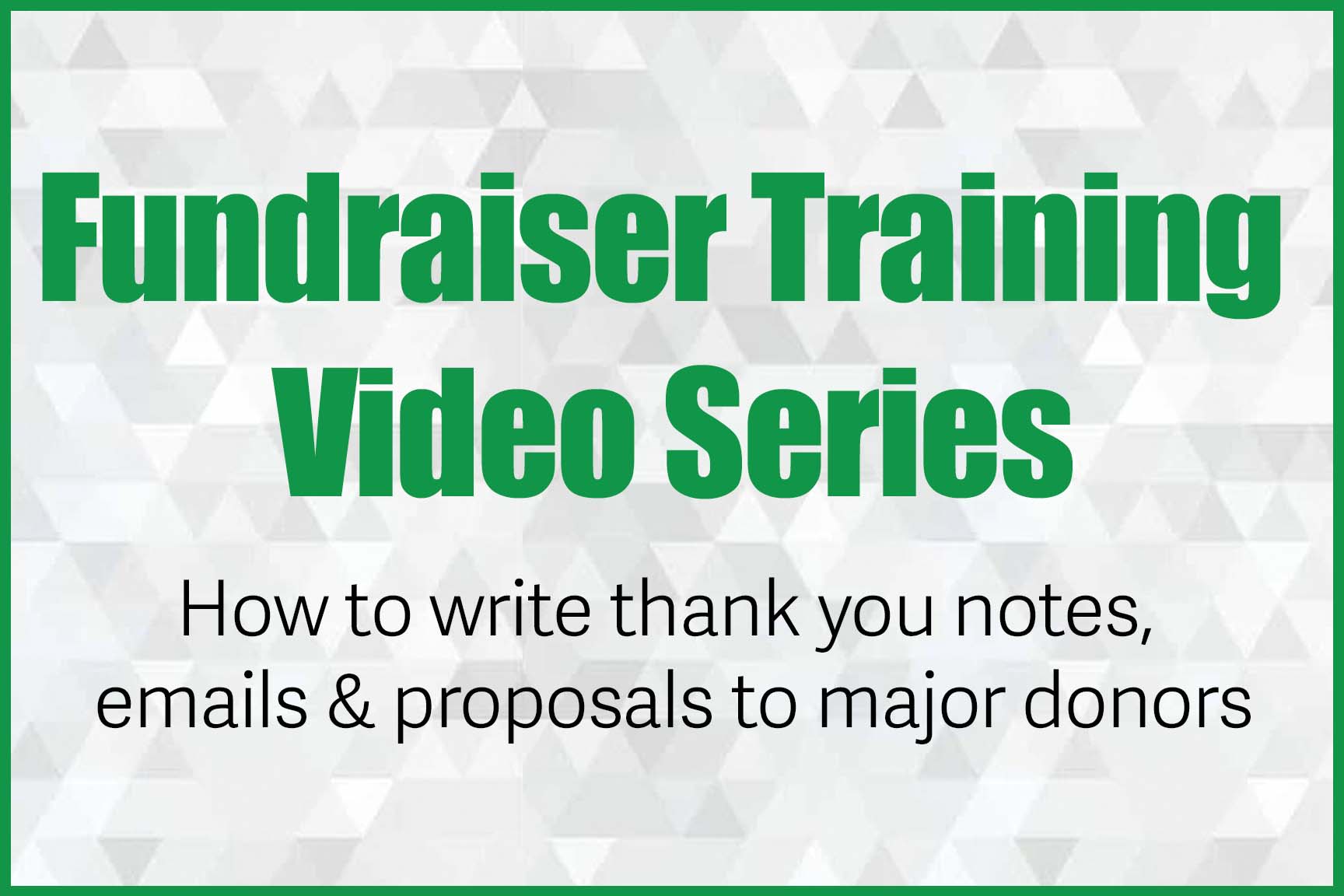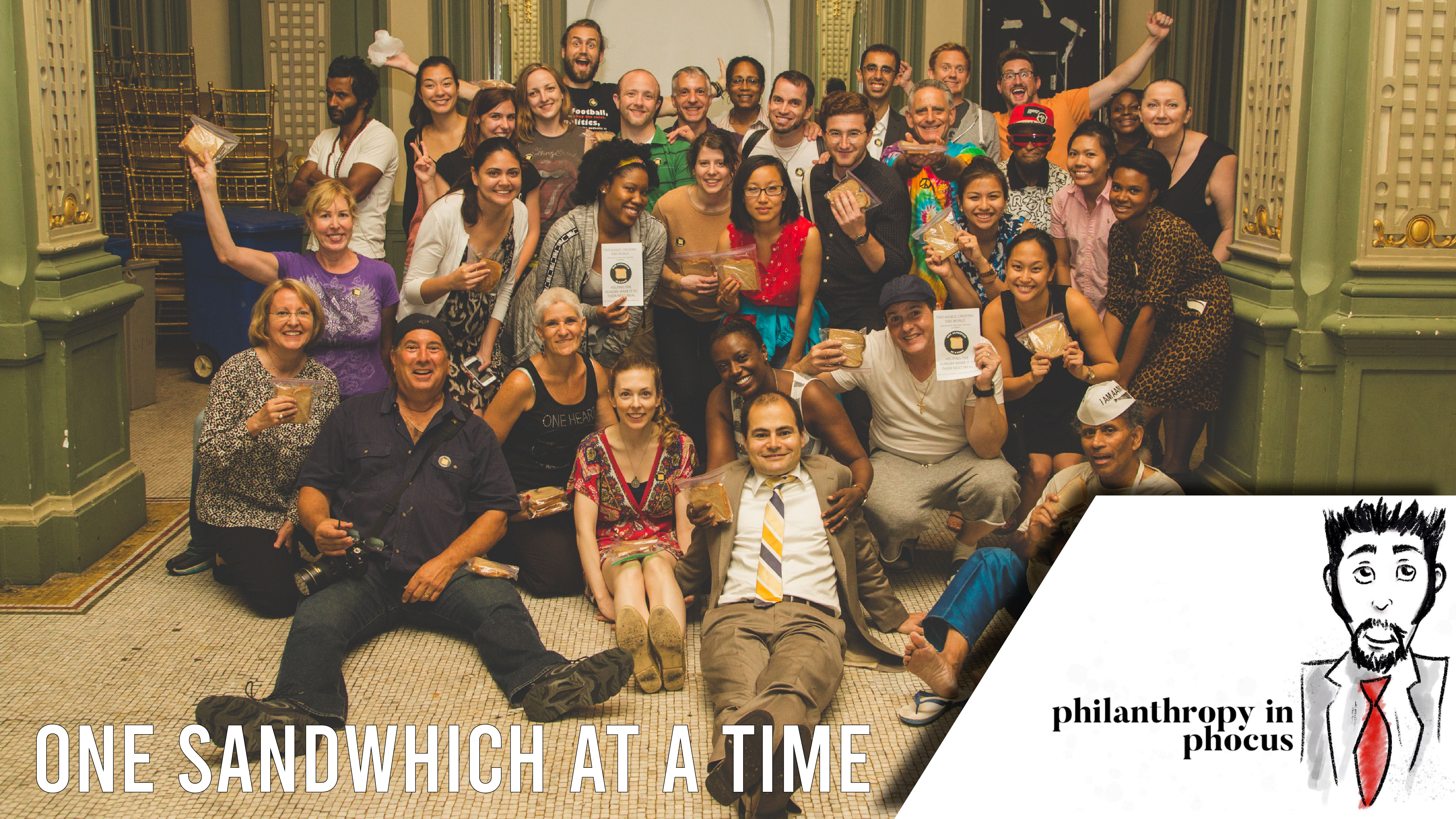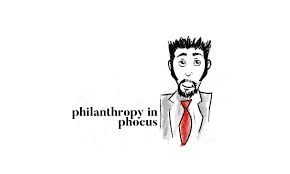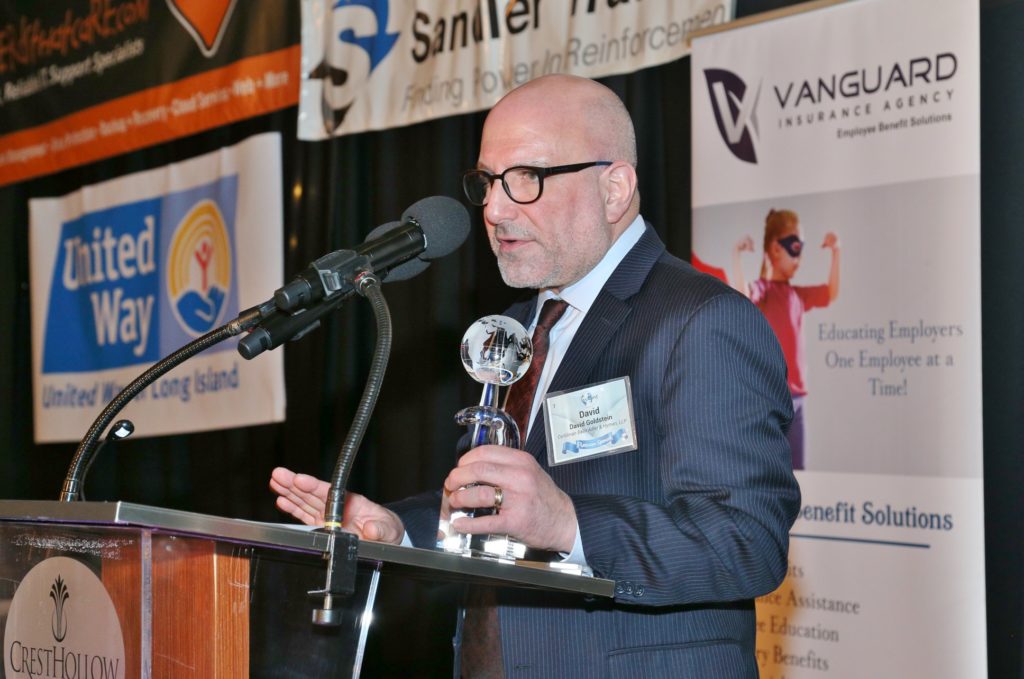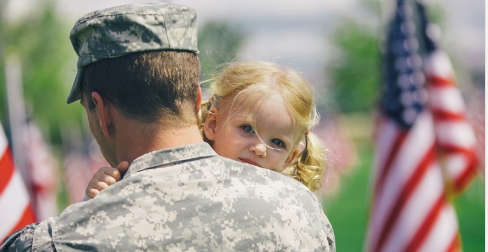Feelings of patriotism around national holidays can motivate people to do more to support veterans. Here are some suggestions for shaping your approach.
Craig Styles | Philanthropic Advisor | Morgan Stanley
One of the most common questions we receive from clients around national holidays that inspire patriotism is how to best help veterans. With more than 18 million veterans living in the U.S. today1, and countless nonprofit organizations dedicated to improving the lives of these brave men and women, I want to highlight a few different approaches.
To start, it is important to note that veterans make up a very large, diverse population, and there is an assortment of ways you can support them. In Philanthropy Management, we encourage clients to really hone in on what interests them the most to best leverage their resources for greater impact.
To help with narrowing the scope of your support, I have broken down the different issues that veterans’ organizations address into distinct categories, so that you can focus on areas you are most passionate about:
Health
Many veterans return home to find that their time in the service has taken a significant toll on their health. Facilities throughout the U.S. strive to help physically injured vets recover by giving them access to top-of-the-line prosthetics, providing comfortable combat-wound rehabilitation centers, and offering the opportunity to engage in adaptive athletics and mobility programs.
While it may be easier to see the physical effects of war, the unseen psychological effects weigh heavily on service men and women, and the invisible nature of these wounds requires a different approach. Mental health counseling can help pave the road to recovery, in addition to medical care, group therapy, and long-term support programs.
Re-Integration
After spending extended time away from home in a considerably different environment, some veterans struggle to re-integrate into civilian life. Various organizations focus on easing that transition by providing family counseling, skills and technical training, and job readiness programs. For example, Team Rubicon is a disaster-response nonprofit that harnesses the experiences and natural leadership skills of veterans to help populations affected by catastrophes. Through this organization, vets build social connections, gain fulfillment from their continued service, and acquire skills that help advance their careers.
Additionally, a variety of organizations allocate funds to ensure that veterans in need of handicap accessibility receive necessary upgrades to their homes and workplaces to make the physical transition after service more manageable.
Family Support
If you feel connected to the veteran cause through a friend or family member’s service in the military, family-support organizations may be the best route for you to achieve your giving goals. From providing support to Gold Star Families after the loss of a loved one to presenting scholarship opportunities to the children of veterans, a wide array of organizations strive to serve the needs of the broader veteran family unit.
Animals
For all the animal lovers, many organizations that you may support serve both veterans and animals. For example, studies show that equine therapy helps veterans who are suffering from PTSD. Some evidence also supports how service dogs can have similarly positive effects on the psychological well-being of veterans. Meanwhile, we can’t forget about the combat dogs that served alongside our soldiers; rehabilitation programs exist with the mission of finding homes for these service animals, once they have completed their combat service.
The Power of Veteran Engagement
While we tend to think of giving back to veterans during certain holiday seasons, continuous support of these organizations throughout the year is vital to supporting their investment in long-term projects that will increase their future positive impact on the veteran population and communities at large. Once you identify which area(s) within veteran-giving most resonates with you, tools like GuideStar and Charity Navigator can help connect you with specific organizations that align with your giving goals.
Your philanthropic interaction with veteran groups can go further than just a donation. You may wish to volunteer and work directly with veterans, gaining a deeper understanding of the sacrifices they made. Volunteering also gives veterans the opportunity to share their stories and hardships. This can be inspiring to volunteers and fundamental to the veteran’s own healing process. By putting charitable giving in this greater context, it is clear how important it is to support organizations committed to the well-being of those who have served our nation.
1 United States Census Bureau, https://www.census.gov/library/publications/2020/demo/acs-43.html
Important Information:
Morgan Stanley Smith Barney LLC is not implying an affiliation, sponsorship, endorsement with/of the third party or that any monitoring is being done by Morgan Stanley Smith Barney LLC (“Morgan Stanley”) of any information contained within the website. Morgan Stanley is not responsible for the information contained on the third party website or the use of or inability to use such site. Nor do we guarantee their accuracy or completeness.
Morgan Stanley Smith Barney LLC (“Morgan Stanley”), its affiliates and Morgan Stanley Financial Advisors and Private Wealth Advisors do not provide tax or legal advice. Clients should consult their tax advisor for matters involving taxation and tax planning and their attorney for matters involving trust and estate planning, charitable giving, philanthropic planning and other legal matters.
The article is provided for informational purposes only. The information and data in the article has been obtained from sources outside of Morgan Stanley Smith Barney LLC (“Morgan Stanley”) and Morgan Stanley makes no representations or guarantees as to the accuracy or completeness of information or data from sources outside of Morgan Stanley.
It is important to note that Morgan Stanley has conducted no review or diligence of the organizations which are the subject of the article. Further, the article should in no way be considered to be a solicitation or endorsement by the Morgan Stanley on behalf of organizations named or described. If you choose to support the subject organization, or any other organization that you separately identify, we recommend that you evaluate the organization or philanthropic endeavor, and make your own independent decision as to its legitimacy and merits.
1 United States Census Bureau, https://www.census.gov/library/publications/2020/demo/acs-43.html
Important Information:
Morgan Stanley Smith Barney LLC is not implying an affiliation, sponsorship, endorsement with/of the third party or that any monitoring is being done by Morgan Stanley Smith Barney LLC (“Morgan Stanley”) of any information contained within the website. Morgan Stanley is not responsible for the information contained on the third party website or the use of or inability to use such site. Nor do we guarantee their accuracy or completeness.
Morgan Stanley Smith Barney LLC (“Morgan Stanley”), its affiliates and Morgan Stanley Financial Advisors and Private Wealth Advisors do not provide tax or legal advice. Clients should consult their tax advisor for matters involving taxation and tax planning and their attorney for matters involving trust and estate planning, charitable giving, philanthropic planning and other legal matters.
The article is provided for informational purposes only. The information and data in the article has been obtained from sources outside of Morgan Stanley Smith Barney LLC (“Morgan Stanley”) and Morgan Stanley makes no representations or guarantees as to the accuracy or completeness of information or data from sources outside of Morgan Stanley.
It is important to note that Morgan Stanley has conducted no review or diligence of the organizations which are the subject of the article. Further, the article should in no way be considered to be a solicitation or endorsement by the Morgan Stanley on behalf of organizations named or described. If you choose to support the subject organization, or any other organization that you separately identify, we recommend that you evaluate the organization or philanthropic endeavor, and make your own independent decision as to its legitimacy and merits.
© 2021 Morgan Stanley Smith Barney LLC. Member SIPC.
CRC#3566243 (05/2021)

